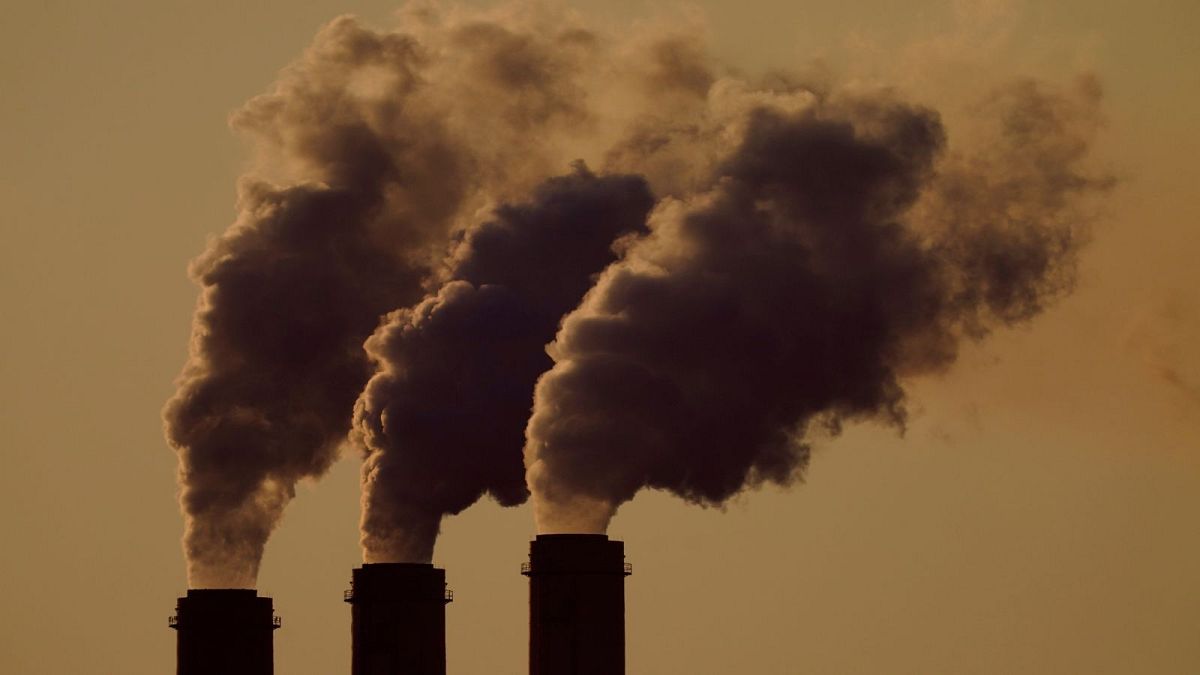Being exposed to air pollution around the time of egg retrieval can significantly curb the odds of a successful transfer through in vitro fertilisation (IVF), a new study has found.
Exposure to air pollution can significantly lower the chance of having a live birth after in vitro fertilisation (IVF), according to new research that indicates poor air quality impacts fertility at an earlier stage than previously known.
The study included roughly 1,800 patients and 3,700 frozen embryo transfers from 2013 to 2021 in Perth, Australia.
Researchers analysed exposure to fine particulate matter at various points before the patients’ eggs were collected, and followed them throughout their pregnancies later on.
Women who had the highest level of pollutant exposure in the two weeks before their eggs were collected had a 38 per cent lower chance of giving birth to a live baby compared with women who had the lowest level of exposure. Higher exposure in the three months before egg retrieval also led to lower odds of live birth, the study found.
“These findings suggest that pollution negatively affects the quality of the eggs, not just the early stages of pregnancy, which is a distinction that has not been previously reported,” Dr Sebastian Leathersich, the study’s lead author and a fertility specialist in Perth, said in a statement.
Leathersich will present the findings on Monday at the European Society of Human Reproduction and Embryology’s (ESHRE) annual meeting in Amsterdam.
Notably, air quality was very good during the study period. Levels of PM2.5, the fine particulate matter linked to gas, oil, diesel fuel, and wood, exceeded international guidelines on just 4.5 per cent of days, while levels of PM10, which also includes dust from landfills, farms, industrial sites, and more, exceeded guidelines on 0.4 per cent of days.
“Climate change poses a serious and immediate threat to human reproductive health, even at so-called ‘safe’ levels,” Leathersich said.
The study adds to a growing body of research that shows exposure to air pollution can lead to worse pregnancy outcomes, including low birth weight and preterm birth. It’s also been linked to lower semen quality in men.
Dr Anis Feki, ESHRE’s chair-elect and an obstetrician-gynaecologist in Switzerland, said the findings “emphasise the need for ongoing attention to environmental factors in reproductive health”.
Air pollution also has broader impacts on human health, particularly respiratory issues.
Exposure increases the risk of stroke, heart disease, chronic obstructive pulmonary disease (COPD), lung cancer, and pneumonia, and the World Health Organization (WHO) estimates that both household and outdoor air pollution causes nearly 7 million deaths per year.
Leathersich said people can use air filters, keep their doors and windows closed on high-pollution days, and close their car windows when driving in traffic to minimise their own exposure, but that government and industry-level action are needed to meaningfully curb emissions.
“Minimising pollutant exposure must be a key public health priority,” Leathersich said.

